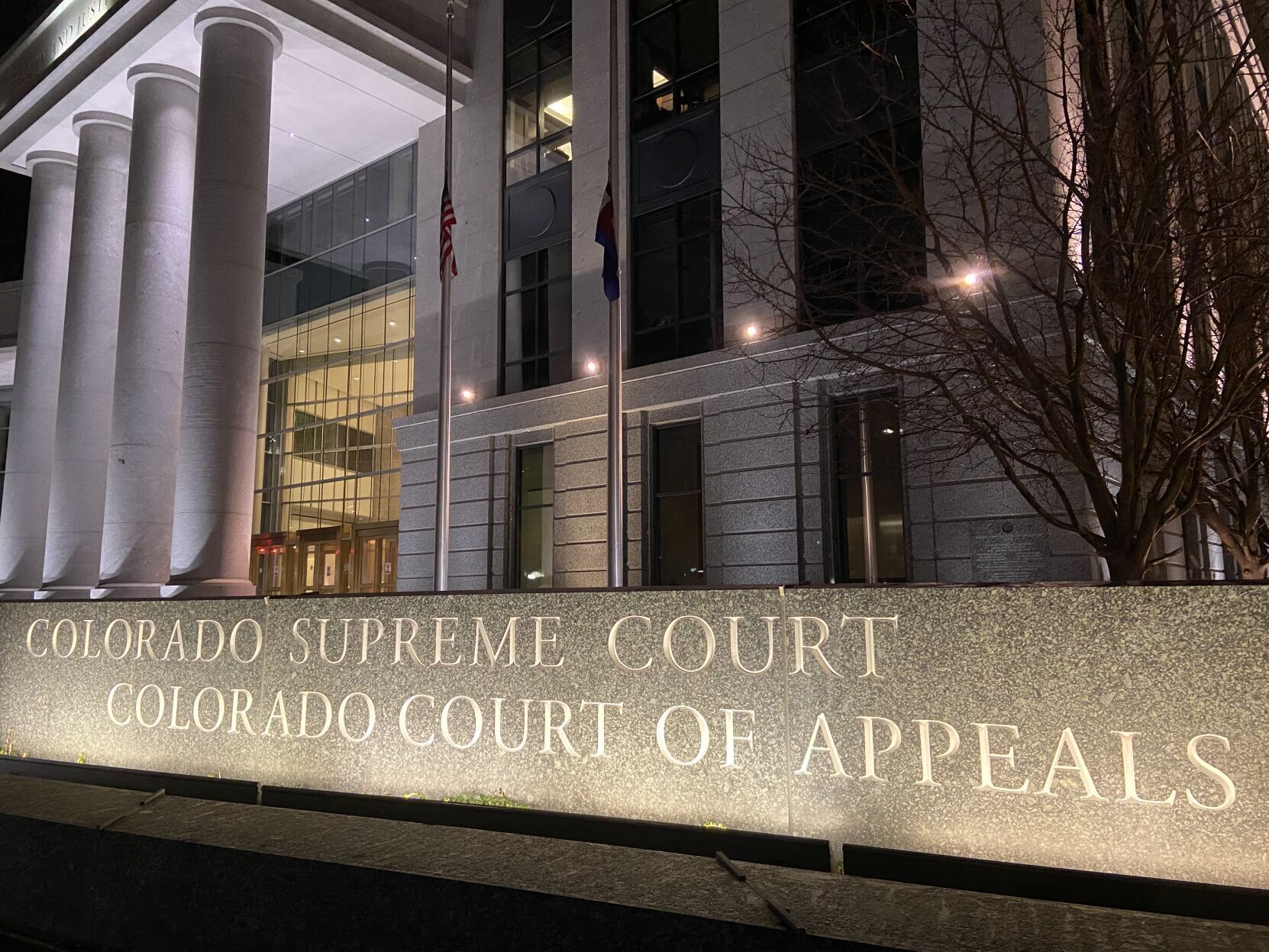Appeals court reinstates Denver sex assault convictions in 12-year-old case

Following a rare appeal by the prosecution, Colorado’s second-highest court last month reinstated a defendant’s sexual assault convictions, reversing a judge’s order for a new trial based on the alleged ineffectiveness of defense counsel.
Stephen J. Ahuero’s criminal case, which began in 2012, previously reached both the Court of Appeals and the state Supreme Court. Twice, judges have ordered a new trial and each time, higher courts have walked back those decisions.
In Ahuero’s latest appearance before the Court of Appeals, a three-judge panel disagreed that Ahuero’s public defender at trial, now-Denver District Court Judge Jay S. Grant, provided constitutionally ineffective assistance to his client or negatively affected Ahuero with his conflict of interest.
Grant’s performance as Ahuero’s lawyer was a central theme throughout Ahuero’s appeals. A jury convicted Ahuero on two counts of sexually assaulting a child and he received a sentence of 10 years to life in prison.
Weeks before Ahuero’s trial, Grant asked for a postponement, saying he was about to conduct a murder trial and worried he would not have enough time to prepare Ahuero’s defense. The trial judge denied the request. Although the Court of Appeals reversed Ahuero’s convictions, the Supreme Court reinstated them in 2017 after concluding Grant’s postponement request was too meager to establish a problem.
The following year, Ahuero filed a petition for postconviction relief. Among other things, he alleged Grant was ineffective and conflicted because:
• Grant was the assigned public defender for one of the prosecution’s witnesses, M.A., who was facing an unrelated criminal charge at the time of Ahuero’s trial
• Grant did not realize he was conflicted, nor did he try to discredit M.A.’s testimony with her own criminal history
• Grant failed to explore M.A.’s alleged personal bias against Ahuero
After holding a hearing, retired District Court Judge W. Terry Ruckriegle agreed Grant had provided constitutionally ineffective assistance by failing to cross-examine M.A. about her pending felony charge.
“If one assumes that evidence of the pending charge would have undermined her credibility with the jury, it is probable that the verdict would have been different,” Ruckreigle wrote.
He added that Grant’s lack of investigation and failure to realize until after trial that he was simultaneously M.A.’s public defender compromised the outcome of the case. Ruckriegle ordered a new trial for Ahuero for the second time.
The Denver District Attorney’s Office appealed, slamming Ruckriegle’s order as “internally contradictory,” “unsupported” and “not entirely clear.” For example, Ruckriegle found the failure to cross-examine M.A. could have affected the verdict, but elsewhere in his order he concluded any doubt cast on M.A. was immaterial because she was one of multiple witnesses who corroborated the victim’s story.
Further, there was evidence Grant’s conflict of interest did not affect Ahuero — including Grant’s own statement in 2013 that he “didn’t recognize” M.A. at the time of trial and the presiding judge’s conclusion that the conflict presented “no harm, no foul.”
Ahuero’s attorney did not dispute that Ruckriegle’s decision “could be more artfully drafted” and some legal analysis was an “odd choice,” but insisted that Grant’s failure to investigate M.A.’s own criminal charge was inexcusable.
“It is not hard to fathom that a witness who is being prosecuted in the same county in which the witness is expected to testify for the prosecution might be influenced by a hope for leniency in testifying a certain way,” wrote defense attorney Adrienne Teodorovic.
Writing for the appellate panel, Judge Steve Bernard disagreed with Ahuero, concluding there was insufficient evidence the jury’s verdict would have been different if M.A.’s felony charge came to light.
“Even if the jury had decided that it would not believe M.A. because of the pending charge,” wrote Bernard in the Jan. 25 opinion, “there were other, unimpeached outcry witnesses who would not have been affected by such impeachment, and the victim herself likewise would not have been affected by it.”
The panel also determined Grant’s lack of awareness about his professional conflict with M.A. did not harm his defense of Ahuero. It ordered the reinstatement of Ahuero’s convictions.
The case is People v. Ahuero.













